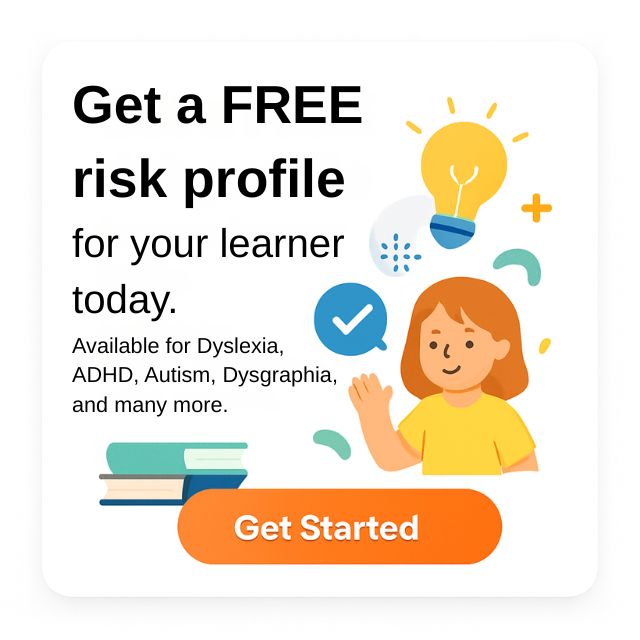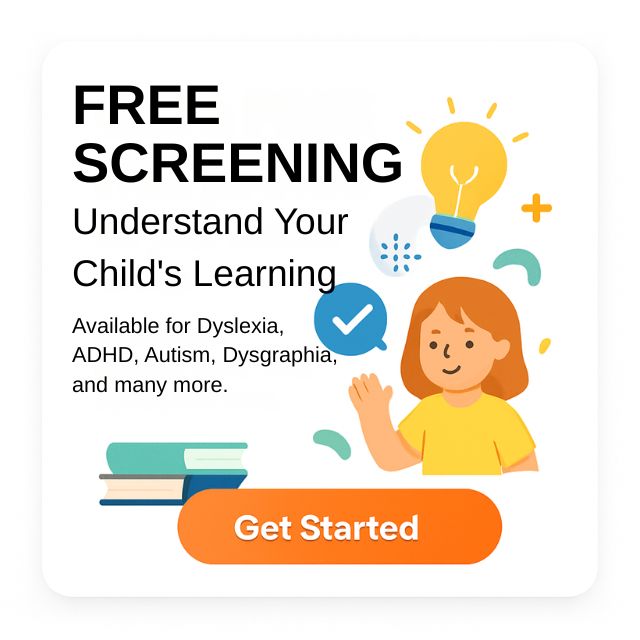Fun Facts About the Brain – Five Fascinating Things You Didn’t Know About Brain Development
The brain is definitely a fascinating part of our body’s central nervous system as it holds quite a lot of mysterious and complex functions. Like a computer, it is always changing and making new connections. From birth to the age of five, a child’s brain develops more than any other point in their life. Although most brain development occurs early on, the impulse control and judgment parts of the brain develop later in the school years and aren’t completely activated until after adolescence. Let’s see these five fun facts about the brain for a good childhood development.
Five Fun Facts About the Brain
1) The importance of early childhood development:
Early childhood development cannot be overstated! Before a child reaches the age of ten, the brain is capable of forming connections between its cells. This is also the optimal period for learning languages.
2) The brain develops through repeated sensory experiences:
The early years are the key time when the child’s brain develops at a rapid rate. That is why it is important to let children be exposed to sensory experiences. This means that children should use their multiple senses to complete a task, this will help them learn more from experience and retain more information.
3) The brain keeps developing when learning new things:
Learning is an important part of the process of forming new connections between brain cells. Thousands of brain cells connect together every time you read, study, or experience anything new, and memory is generated in your brain. That is why it is crucial to expand our horizons, our children and ourselves need to be exposed to new material, environments and experiences continuously throughout life.
4) The link between stress and learning:
Did you know that the adrenal glands release a stress hormone called Cortisol? During a stressful circumstance, this hormone destroys all connections in the learning and memory areas of your brain. Learning to cope with change and unpleasantness and dealing with stress are vital skills for both children and adults. Meditation, yoga, mindfulness, daydreaming, playing, prayer, nothingness and simply resting are valuable tools. It is critical to just take time out!
5) The power of music:
Did you know that singing, listening to, and playing music can help develop a child’s skills, mathematical thinking, as well as their vocabulary? Music stimulates all aspects of a child’s growth when they are exposed to it. And doing so at a young age can ensure that your child grows up to be healthy. Music is a gift that keeps giving for all ages.
Takeaway
Optimizing the brain’s potential is the best thing you can do for any child. Like a computer, nourishing it with valuable data and putting it in a good environment will help it make all the connections it needs to grow. It is crucial to care for the child’s brain development in the same way you would any other area of the body, with a good diet, exercise, activities, and adequate sleep. Learning to speak and understand new words, and eventually writing them develops throughout the school years, but it can also happen well into adulthood. It is important to recognize that learning is a process that continues throughout life. The brain is a living thing that is continuously developing with new information constantly being processed.
Symptoms of various Learning Disabilities that you should know for your Child:
2411, Old Crow Canyon Road, Suites 140, San Ramon, CA 94583, USA
anupma@empowerkidz.com
+1 (669) 900-2315
© Copyright 2021 EmpowerKidz
Designed & Developed by Congruence Digital



Leave a Reply